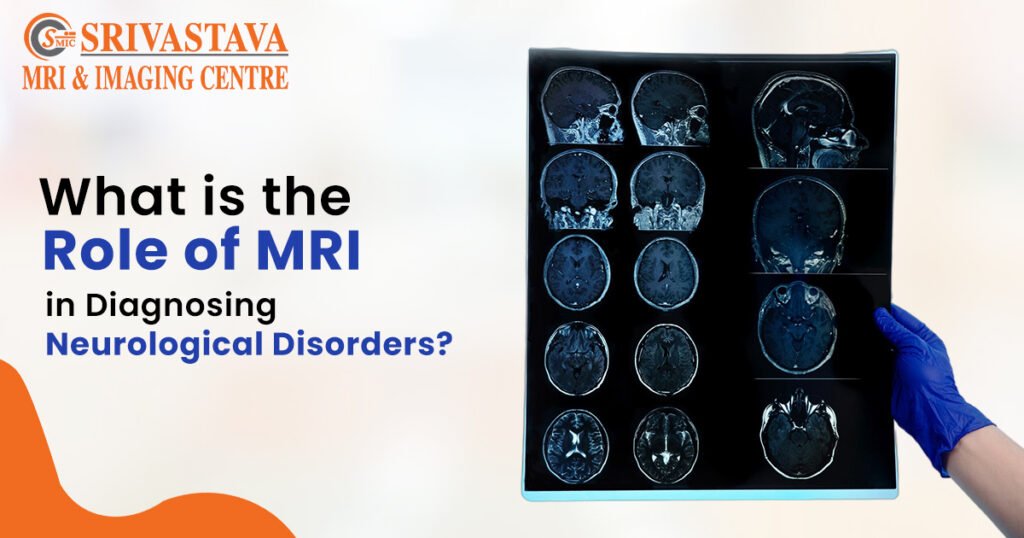Magnetic Resonance Imaging (MRI) has revolutionised the field of medical diagnostics, particularly in identifying and evaluating neurological disorders. With its ability to produce detailed images of the brain and spinal cord, MRI is an indispensable tool in modern medicine. This article will explore the crucial role MRI plays in diagnosing neurological disorders, with a special focus on finding the right MRI Centre Near Apollo Hospital and the trusted services provided by Srivastava MRI & Imaging Centre.
Understanding MRI and Its Importance
MRI is a non-invasive imaging technique that uses strong magnetic fields and radio waves to generate detailed images of the organs and tissues within the body. Unlike X-rays and CT scans, MRI does not use ionizing radiation, making it safer for patients, especially when multiple scans are necessary.
In neurological diagnostics, MRI is invaluable because it provides high-resolution images of the brain and spinal cord. This level of detail helps healthcare providers identify abnormalities such as tumours, strokes, multiple sclerosis, and other conditions that may not be visible with other imaging techniques.
MRI in Diagnosing Neurological Disorders
Neurological disorders encompass a wide range of conditions affecting the brain, spinal cord, and nerves. MRI is particularly effective in diagnosing the following:
- Brain Tumors: MRI can detect brain tumours, their size, and their location. It helps doctors determine whether a tumour is benign or malignant, guiding treatment options.
- Strokes: MRI is highly sensitive in detecting strokes, particularly in the early stages. It can reveal areas of the brain that have been damaged due to a lack of blood flow, allowing for timely intervention.
- Multiple Sclerosis (MS): MRI is the gold standard for diagnosing MS. It can detect lesions in the brain and spinal cord, which are characteristic of the disease, helping doctors to monitor the progression and effectiveness of treatment.
- Neurodegenerative Disorders: Conditions like Alzheimer’s disease and Parkinson’s disease can be challenging to diagnose. MRI helps in identifying the structural changes in the brain associated with these disorders, aiding in early diagnosis and management.
- Spinal Cord Disorders: MRI is essential for diagnosing spinal cord injuries, herniated discs, and other spinal cord-related issues. It provides detailed images that help in planning surgical interventions if necessary.
Conclusion
MRI plays a pivotal role in diagnosing neurological disorders, offering unparalleled insights into the structure and function of the brain and spinal cord. Whether you are concerned about a potential neurological issue or need a follow-up scan, choosing a reputable MRI centre is key to obtaining accurate results. The MRI Centre Near Apollo Hospital which is Srivastava MRI & Imaging Centre is an excellent choice, ensuring you receive top-tier imaging services to support your neurological health.



